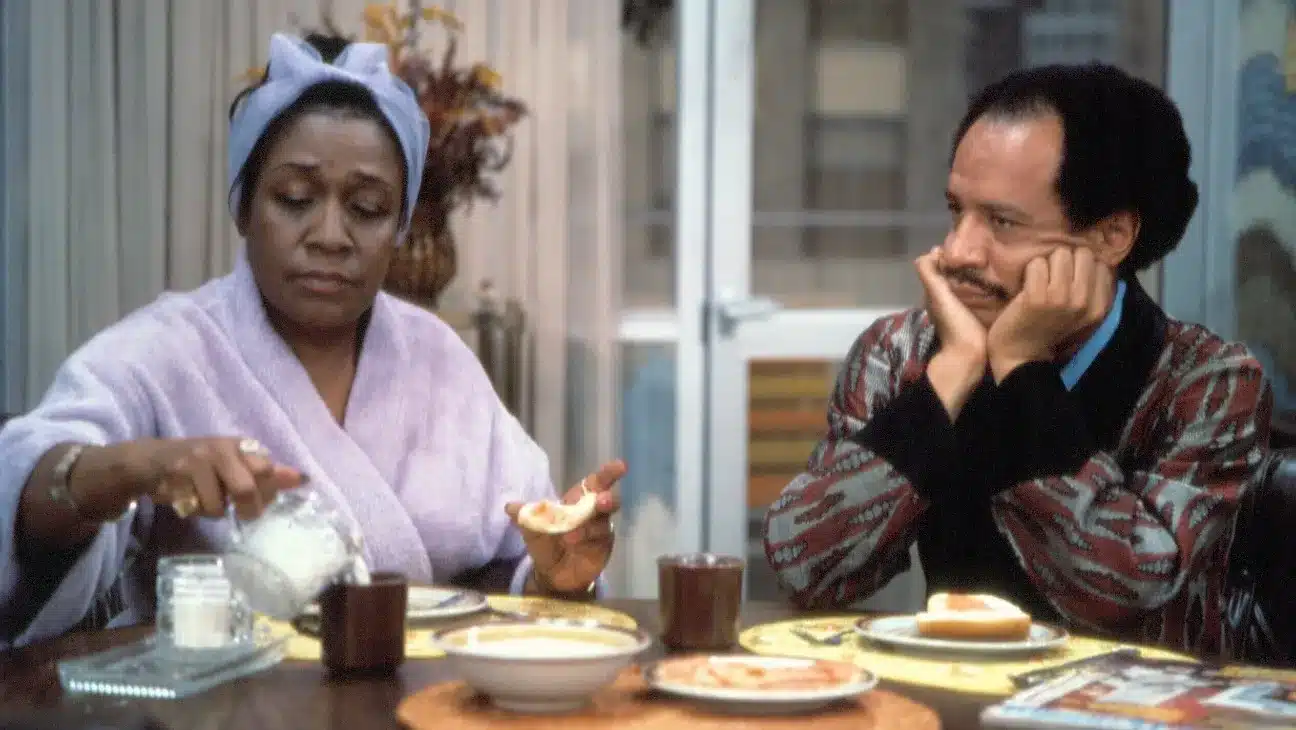by Adam ScullÂ

By depicting a prosperous black family in a wealthy setting, The Jeffersons played a vital role in reshaping societal attitudes towards the black middle to upper class and fostering inclusiveness.
During the 1970s and 1980s, American society underwent significant cultural changes, including the civil rights movement and a movement towards diversity and representation in media. Norman Lear’s influential TV show, “The Jeffersons,” emerged in this situation to question and challenge stereotypes and norms about African Americans. Understanding the importance of representation in media is essential, as it significantly influences how society views and treats various groups. Renowned for his groundbreaking and socially relevant TV shows, Norman Lear defied conventional wisdom and pushed boundaries with his narrative creations.
By portraying a successful Black family, The Jeffersons made a groundbreaking statement. The television show showcased George and Louise Jefferson’s journey from humble beginnings to an affluent lifestyle, highlighting black success and prosperity. By challenging stereotypes, this representation provided a positive and refreshing depiction of African American families to viewers.
Challenging stereotypes, the character of George Jefferson is a successful entrepreneur and a caring husband and father. The strong and supportive relationship between him and his wife Louise, also known as “Weezy,” connected with audiences from all walks of life.
By cleverly using humor and witty dialogue, “The Jeffersons” tackled racism, prejudice, and social inequality. The show initiated crucial discussions about race and class dynamics in America by integrating these themes into its storylines. George Jefferson and similar characters openly discussed race relations in the 1970s, encouraging viewers to contemplate the contemporary issues.
Effectively addressing social issues, the show tackles discrimination against the Jeffersons’ interracial neighbors, Tom and Helen Willis. The story showcased the intricate nature of racial dynamics, prompting viewers to confront their biases and prejudices.
Playing a critical role, the show “The Jeffersons” normalized success and wealth for African Americans on television. By presenting the Jeffersons as a loving and successful family, the show humanized its characters and portrayed a positive image of black prosperity. The normalization challenged common media portrayals of African Americans that often relied on stereotypes and limited their roles.
The Jeffersons’ interactions with their affluent white neighbors exemplify this normalization. Although met with doubt and bias from certain neighbors, the Jeffersons’ triumph and kindness eventually won the support of their community, highlighting a positive example of black accomplishment.
By depicting the black middle to upper class, “The Jeffersons” left a profound impact on American culture. The show’s portrayal of a successful black family in an affluent setting influenced future depictions of African Americans on television. “The Jeffersons” was instrumental in breaking barriers and showcasing a more complex and diverse image of African American families in mainstream media.
Remembered for its lasting impact on society, “The Jeffersons” promoted inclusivity and shaped attitudes. Even though it was cancelled, the show’s legacy is still honored and analyzed for its contributions to television. The enduring impact of “The Jeffersons” on popular culture is evident in its recent revival and retrospectives.
